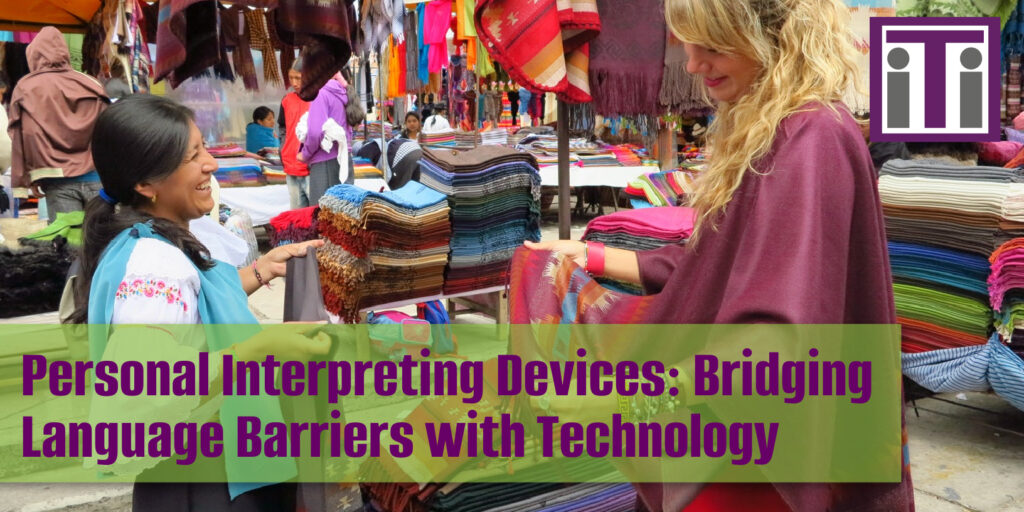The Loss of Indigenous Languages – a 2024 Perspective
Reading Time: ~3 mins

Indigenous languages are a vital part of our global cultural heritage, embodying unique worldviews, traditions, and knowledge systems. However, these languages are increasingly at risk of extinction. As we progress through the International Decade of Indigenous Languages (2022-2032), it is crucial to reflect on the current state of indigenous languages and the efforts being made to preserve them.
The Current State of Indigenous Languages
As of 2024, the situation remains dire. While there are over 8000 languages spoken around the world, about 70% of the world’s population speak only the ten most common. Topping the list are English, Mandarin Chinese, Hindi, Spanish, French, and Arabic. According to UNESCO, at least 40% of the more than 8,325 languages spoken around the world are threatened with extinction. This alarming statistic underscores the urgent need for concerted efforts to preserve and revitalize these languages. At iTi, our contracted linguists include both translators and interpreters who are native speakers of a number of indigenous languages, and we are always eager to recruit more!
Factors Contributing to Language Loss
Several factors contribute to the decline of indigenous languages:
- Aging Population of Native Speakers: Many indigenous languages are primarily spoken by older generations. As these speakers pass away, the languages often die with them.
- Colonial and Post-Colonial Policies: Historical and ongoing policies aimed at assimilating indigenous peoples have severely impacted the transmission of their languages.
- Globalization and Urbanization: The spread of dominant languages through media, education, and economic opportunities often leads to the marginalization of indigenous languages.
Efforts to Preserve and Revitalize Indigenous Languages
Despite these challenges, there are numerous initiatives aimed at preserving and revitalizing indigenous languages:
- Community-Led Language Revitalization: Indigenous communities are at the forefront of efforts to revive their languages. For example, from 2016 to 2021, there was a 30% increase in new speakers of languages like Haisla, Halq’emeylem, Heiltsuk, and Michif.
- Educational Programs: Schools and universities are incorporating indigenous languages into their curricula. The University of Victoria, for instance, has a strategic plan dedicated to supporting Indigenous Peoples’ rights and languages.
- International Support: The United Nations has declared 2022-2032 as the International Decade of Indigenous Languages, aiming to draw global attention to the critical situation of many indigenous languages and mobilize resources for their preservation.
Note: Since the time the following video was produced, UNESCO completed a 6-year study in order to produce their World Atlas of Languages. Based on this study, UNESCO increased its tally of spoken languages from over 6,700 to 8,325.
Subscribe to our YouTube channel!
The Role of Technology
Technology plays a significant role in language preservation. Digital tools and platforms are being used to document and teach indigenous languages, making them more accessible to younger generations. Projects like Grambank, an extensive database of language grammars, highlight the diversity of languages and the importance of preserving them.
Conclusion
The loss of indigenous languages is a global issue that requires immediate and sustained action. By supporting community-led initiatives, integrating indigenous languages into education, and leveraging technology, we can help ensure that these languages continue to thrive for future generations. The International Decade of Indigenous Languages provides a unique opportunity to galvanize efforts and make meaningful progress in preserving our linguistic heritage.
| Talk to an Expert |
Interpreters and Translators, Inc. is a full-service language solutions company based in Glastonbury, Connecticut. iTi is an NMSDC-certified minority owned business.





